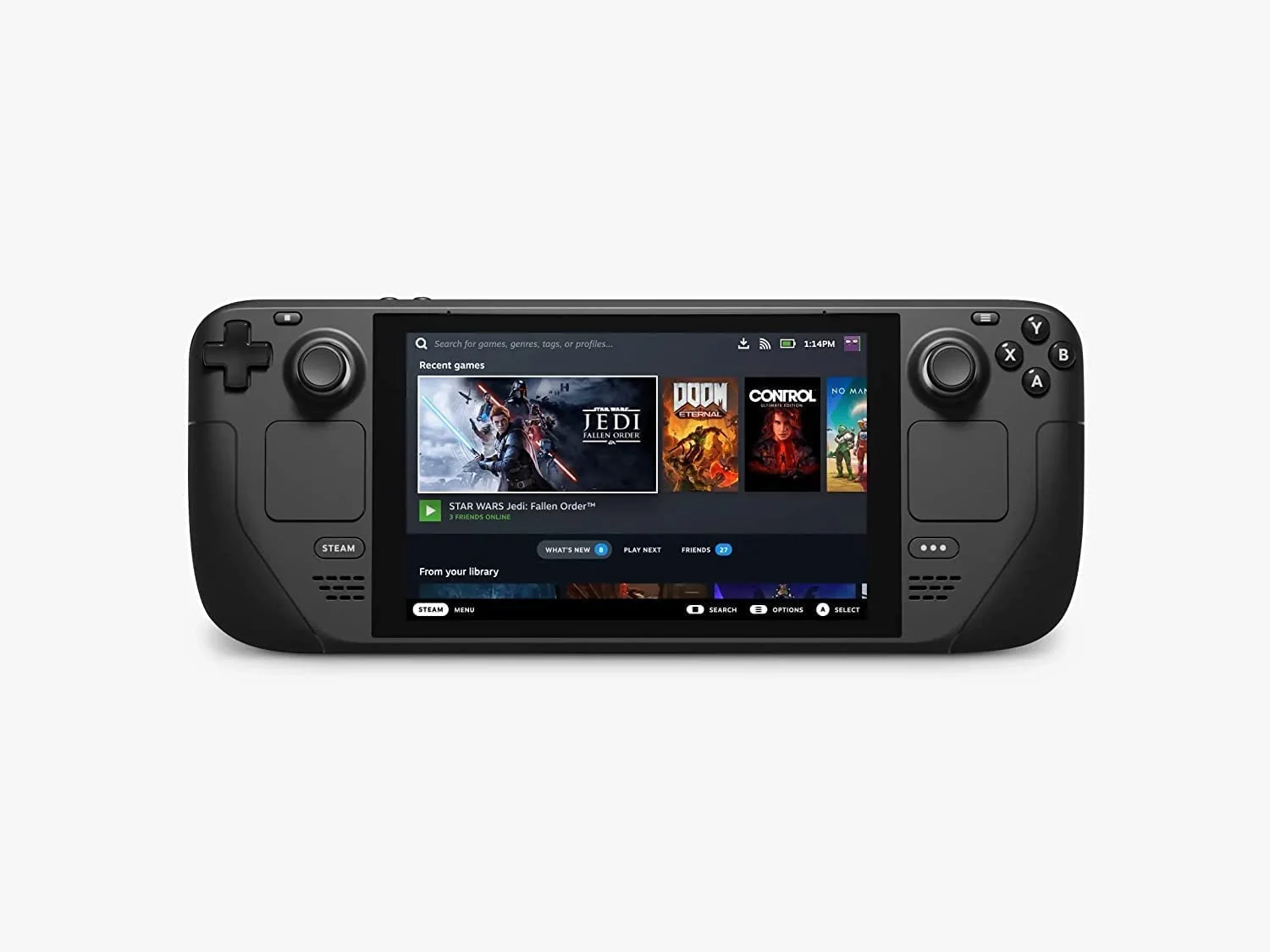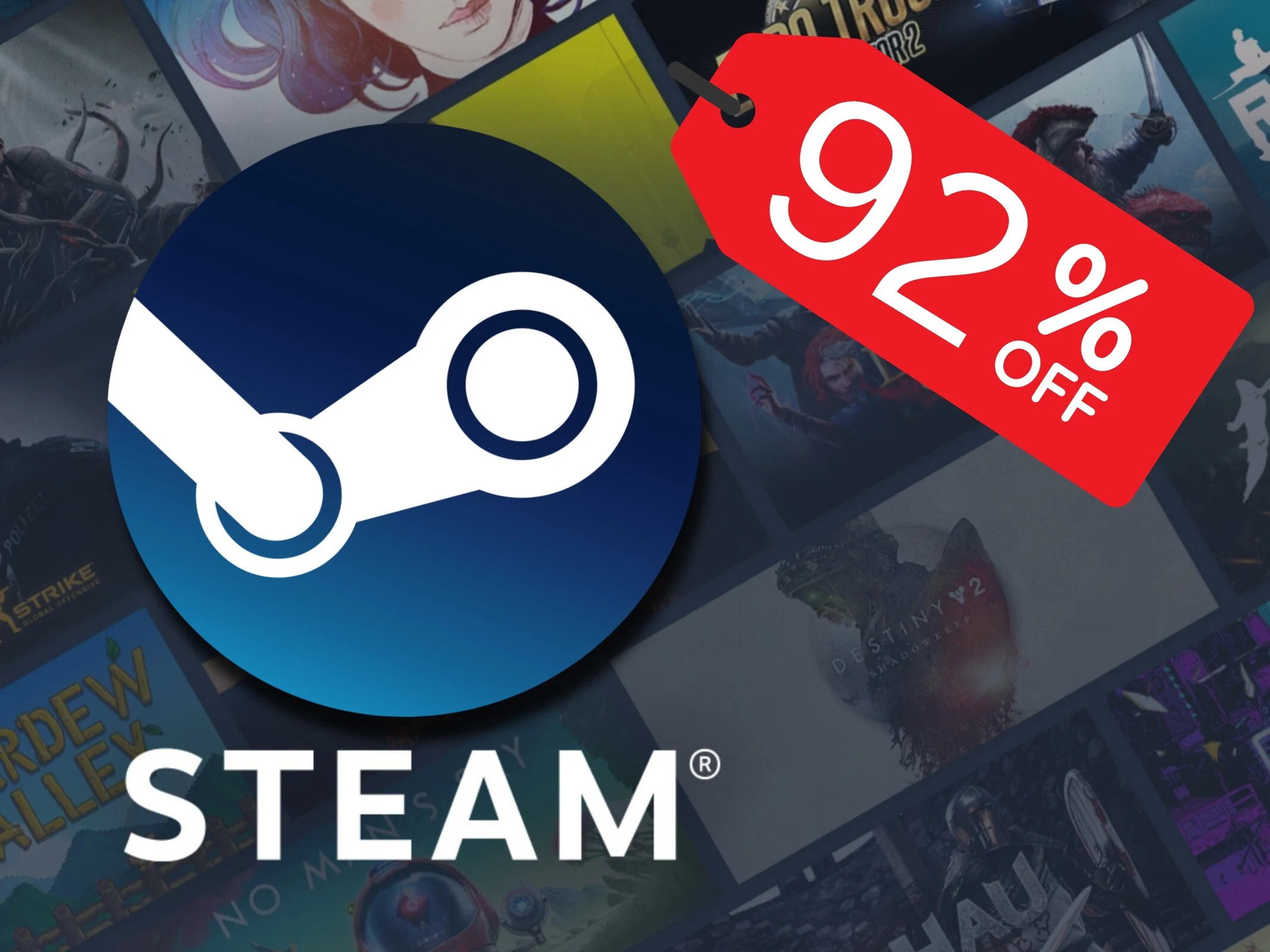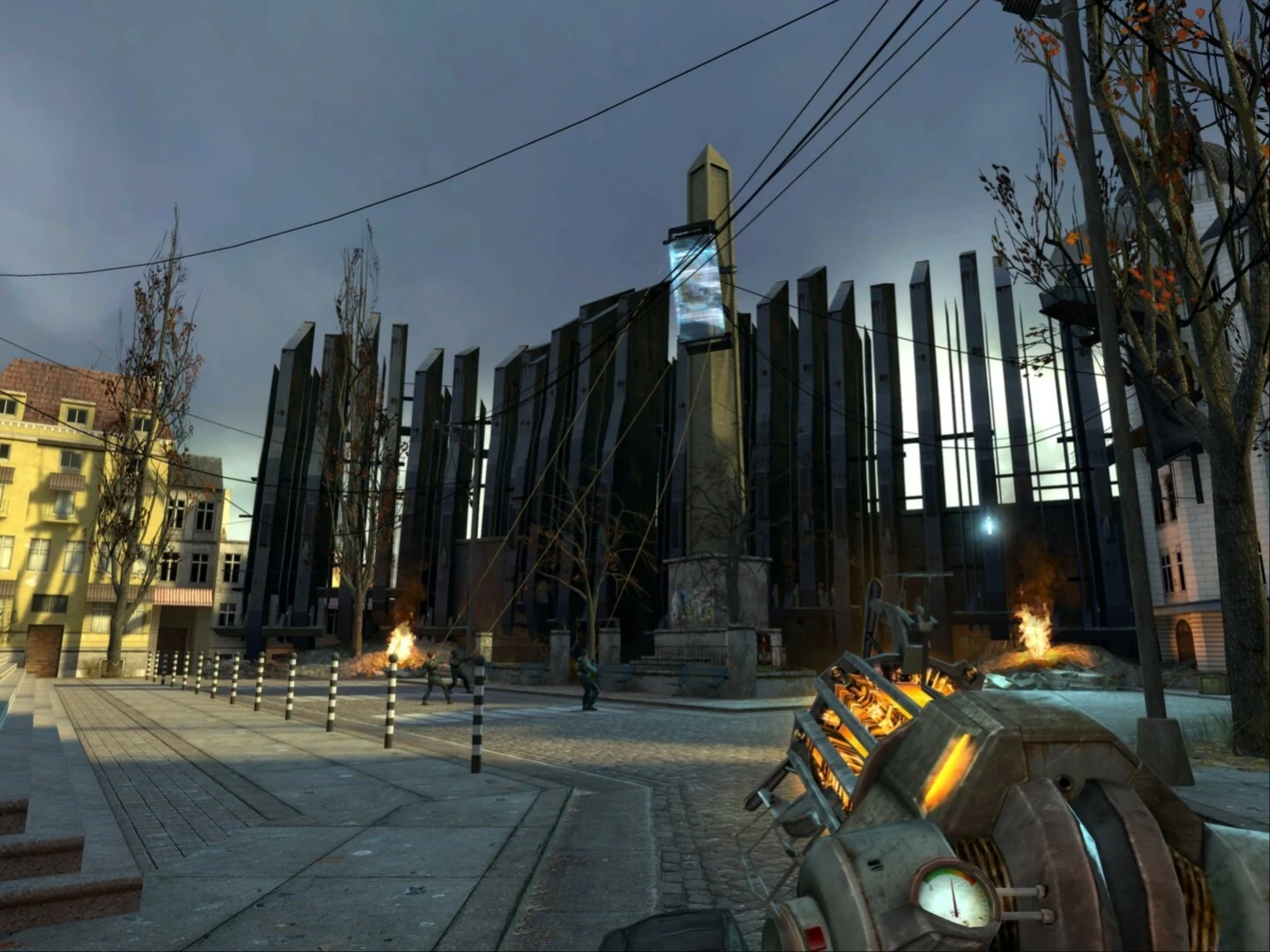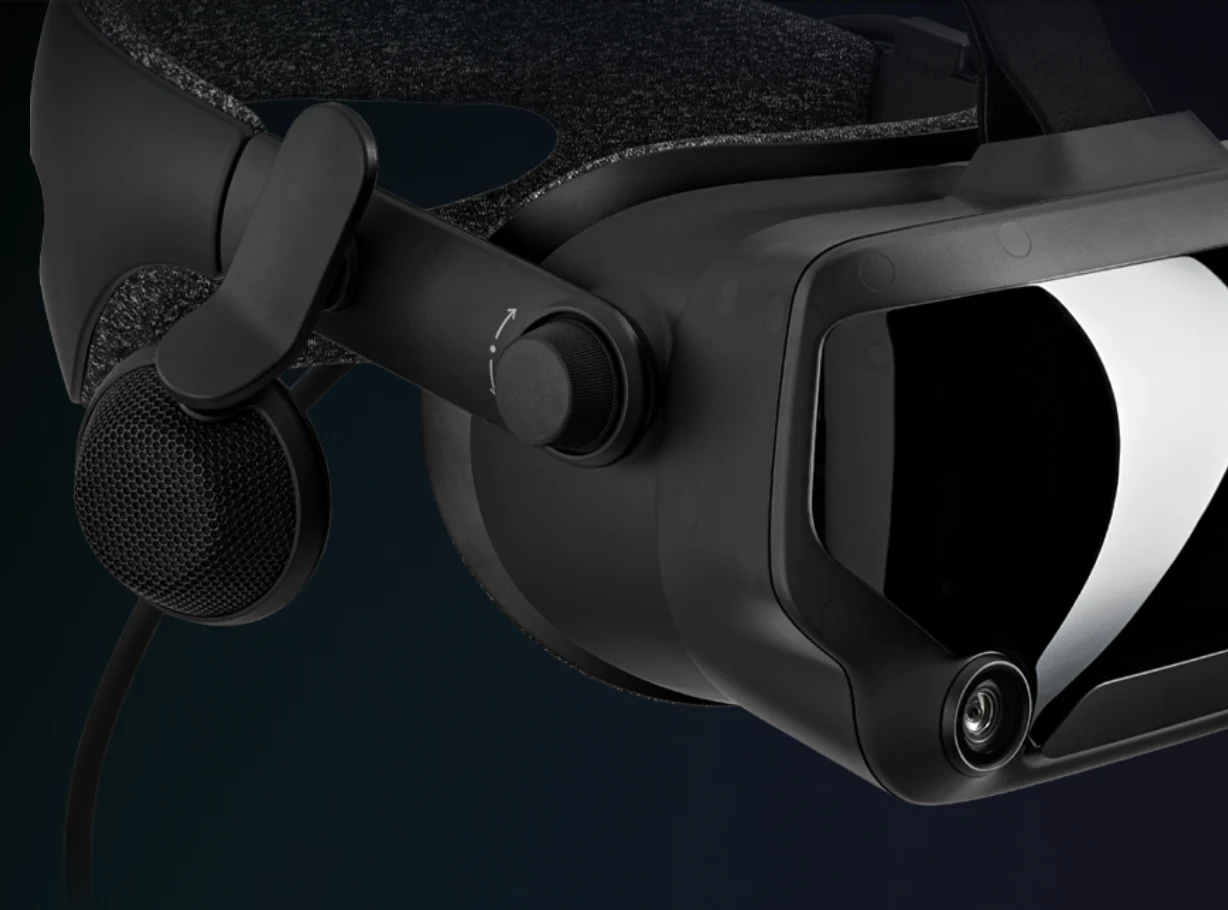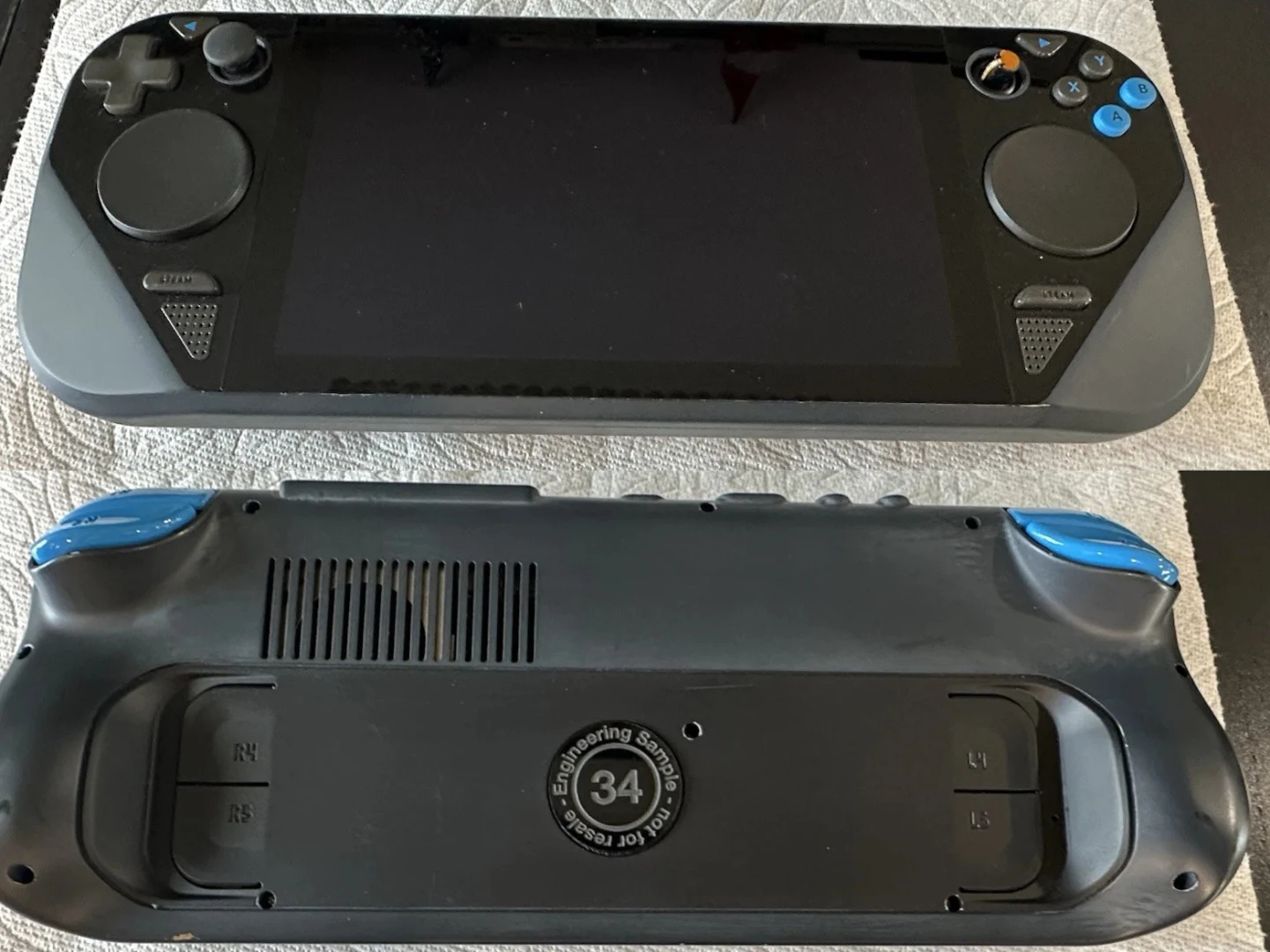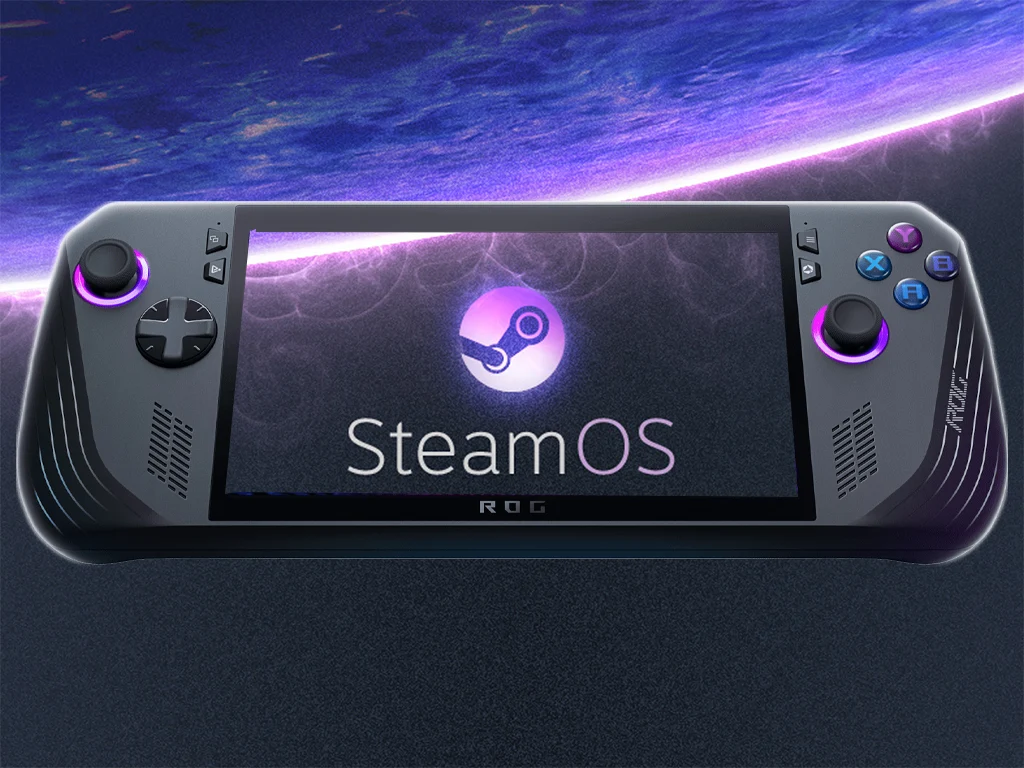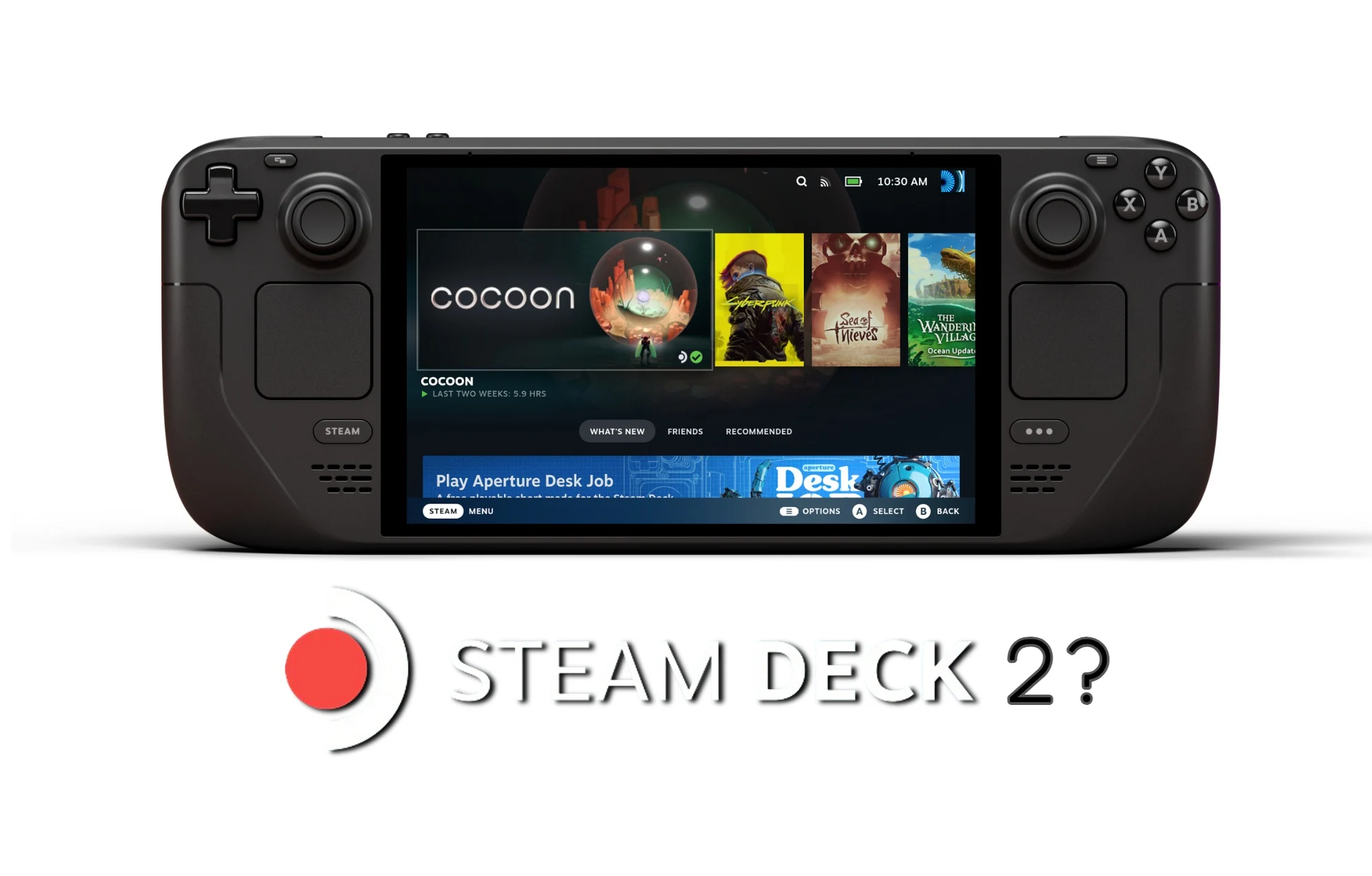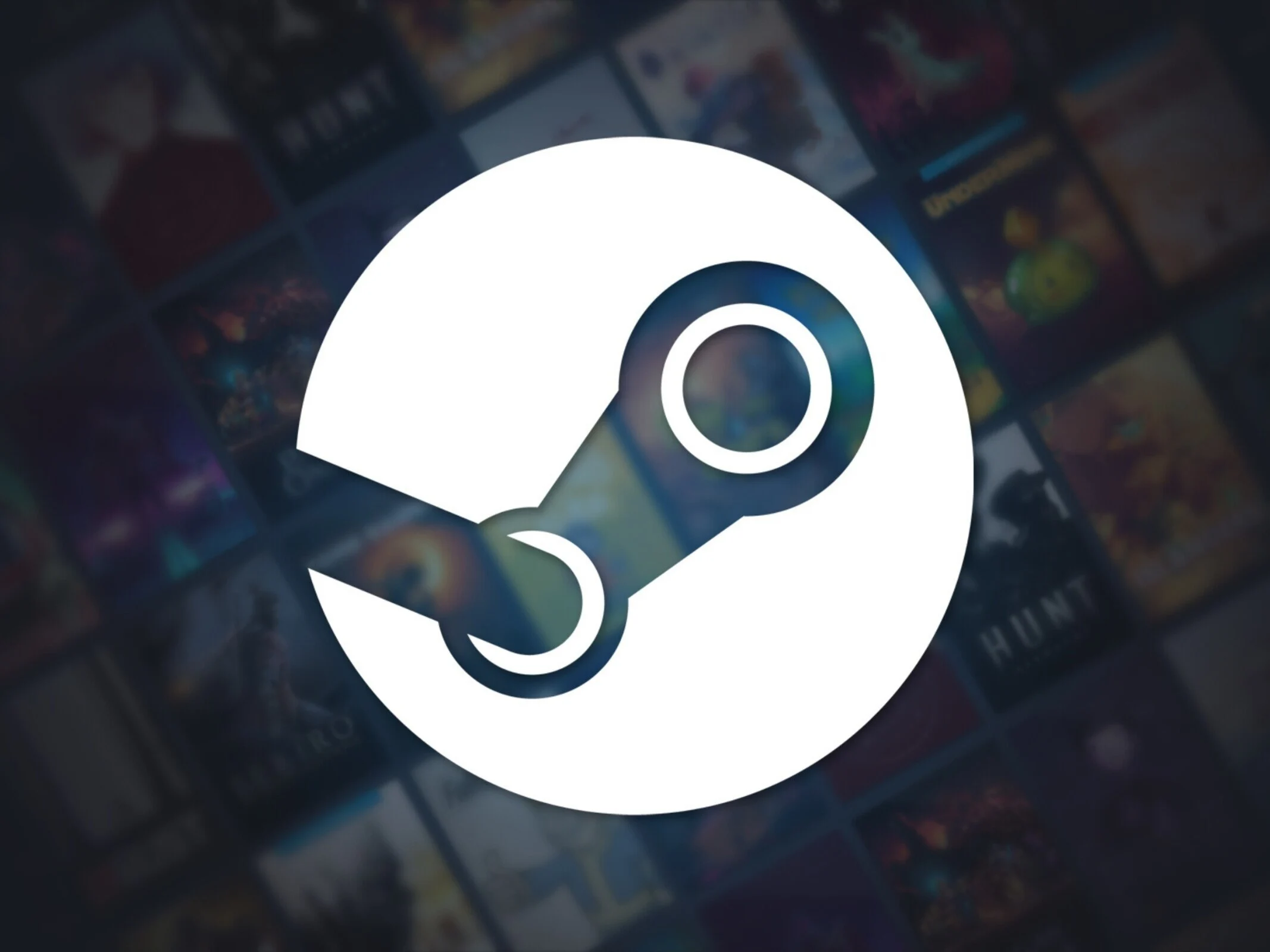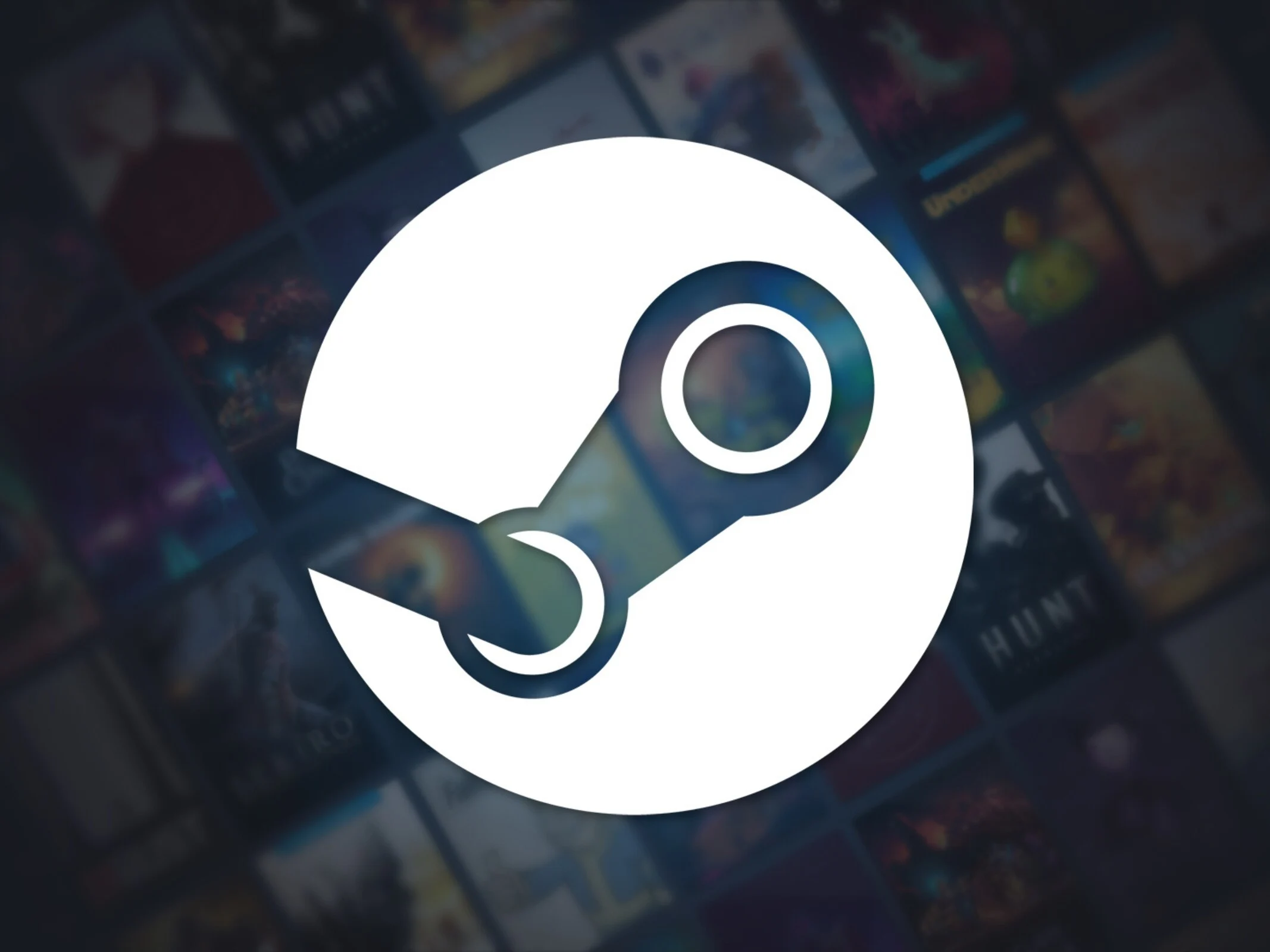Key Takeaways
1. Valve has introduced a battery charge limit feature in the beta update for the Steam Deck, allowing users to set a maximum charging limit.
2. The feature helps maintain battery health by preventing charging beyond 80%, especially for devices kept plugged in or docked for long periods.
3. Users can access the battery charge limit option through the Power section in Settings.
4. The Lenovo Legion Go also offers a similar battery charge limit option, reflecting a trend among handheld devices.
5. Additional updates include a new location for the Show Battery Percentage option and adjustments to Display Dim and Suspend timeout settings.
One solution that companies have developed to improve battery life is the introduction of a battery charge limit feature. This allows users to set how much their device charges. Typically, when this feature is on, the device will stop charging at around 80%, which helps reduce the wear on the battery. Recently, Valve has included this battery charge limit feature in the latest beta update for the Steam Deck.
New Features for Steam Deck Users
As per the changelog, owners of the Steam Deck who are using the beta version can now set a maximum charging limit. This new feature is said to help maintain battery health over time, especially for users who keep their Steam Deck plugged in or docked for long periods. To access the battery charge limit option, users can go to the Power section in Settings. Moreover, the Lenovo Legion Go, a competing handheld device currently priced at $599.99 at Best Buy, also offers a similar battery charge limit option that can be activated in Legion Space.
More Updates Included
Alongside the battery charge limit feature, there have been some adjustments made to the settings. For instance, the Show Battery Percentage option is now located within the Power menu. Additionally, the settings for Display Dim and Suspend timeout have also been moved under Power. Other improvements include fixing the issue with pasting from the on-screen keyboard, as well as addressing a bug related to the DualSense Edge gyroscope.
Source:
Link

